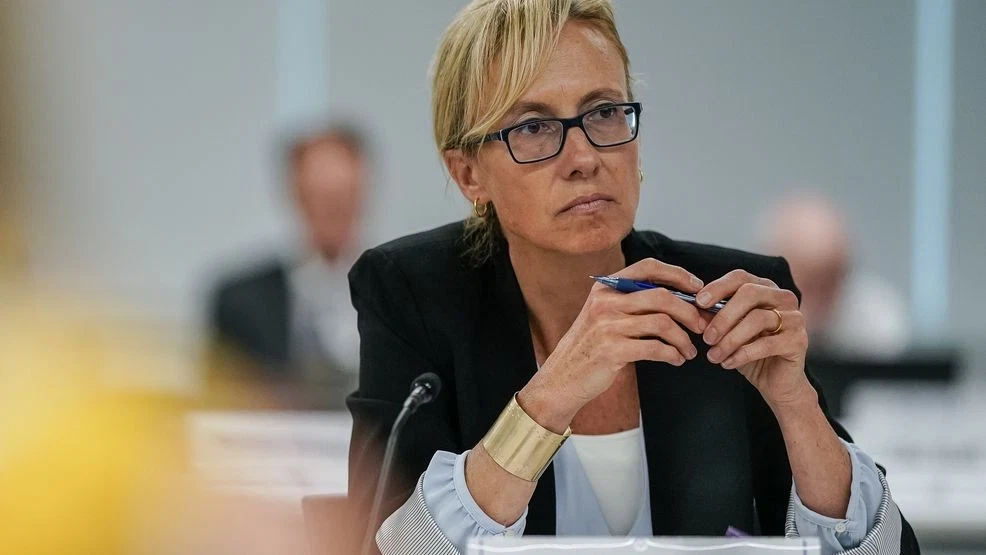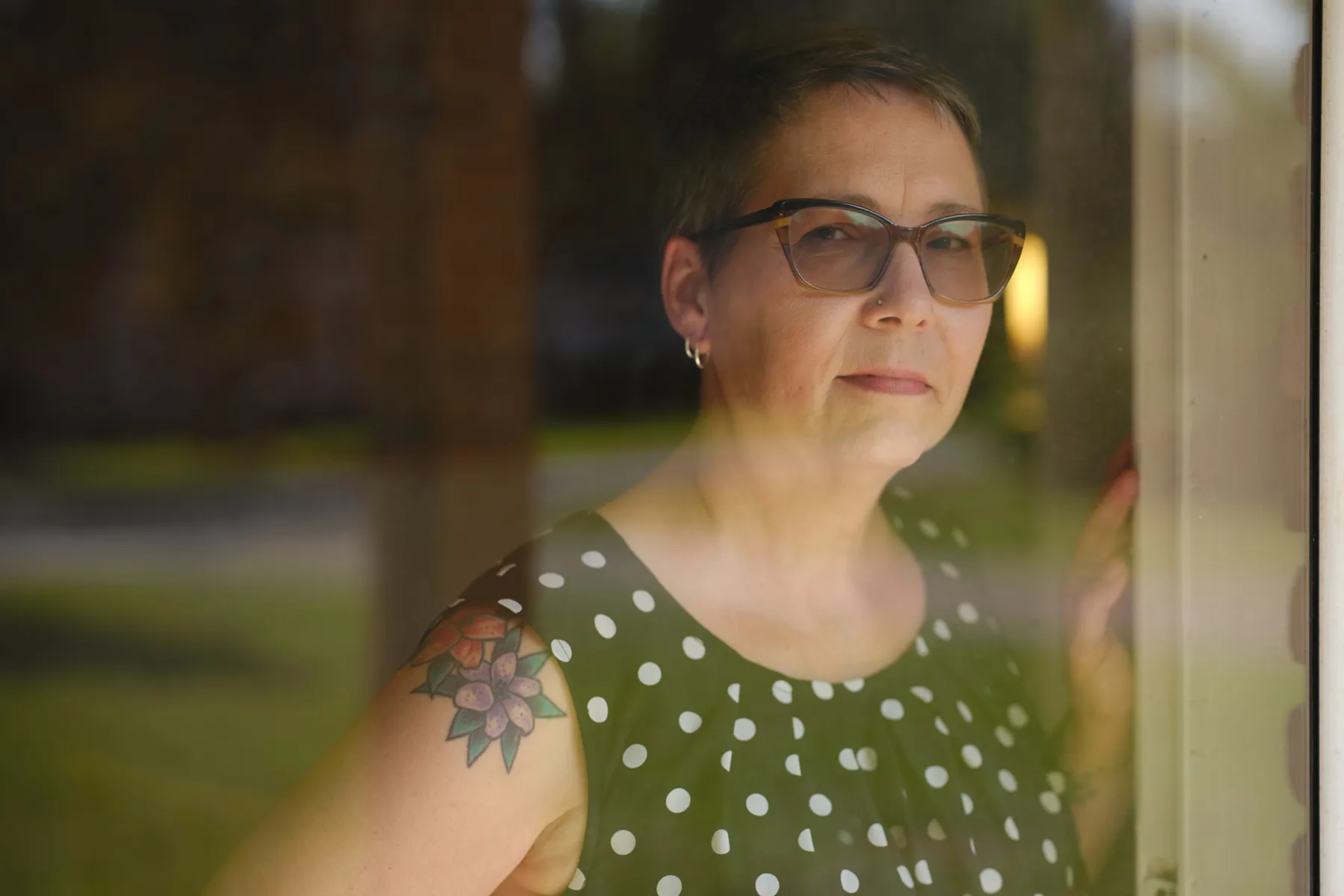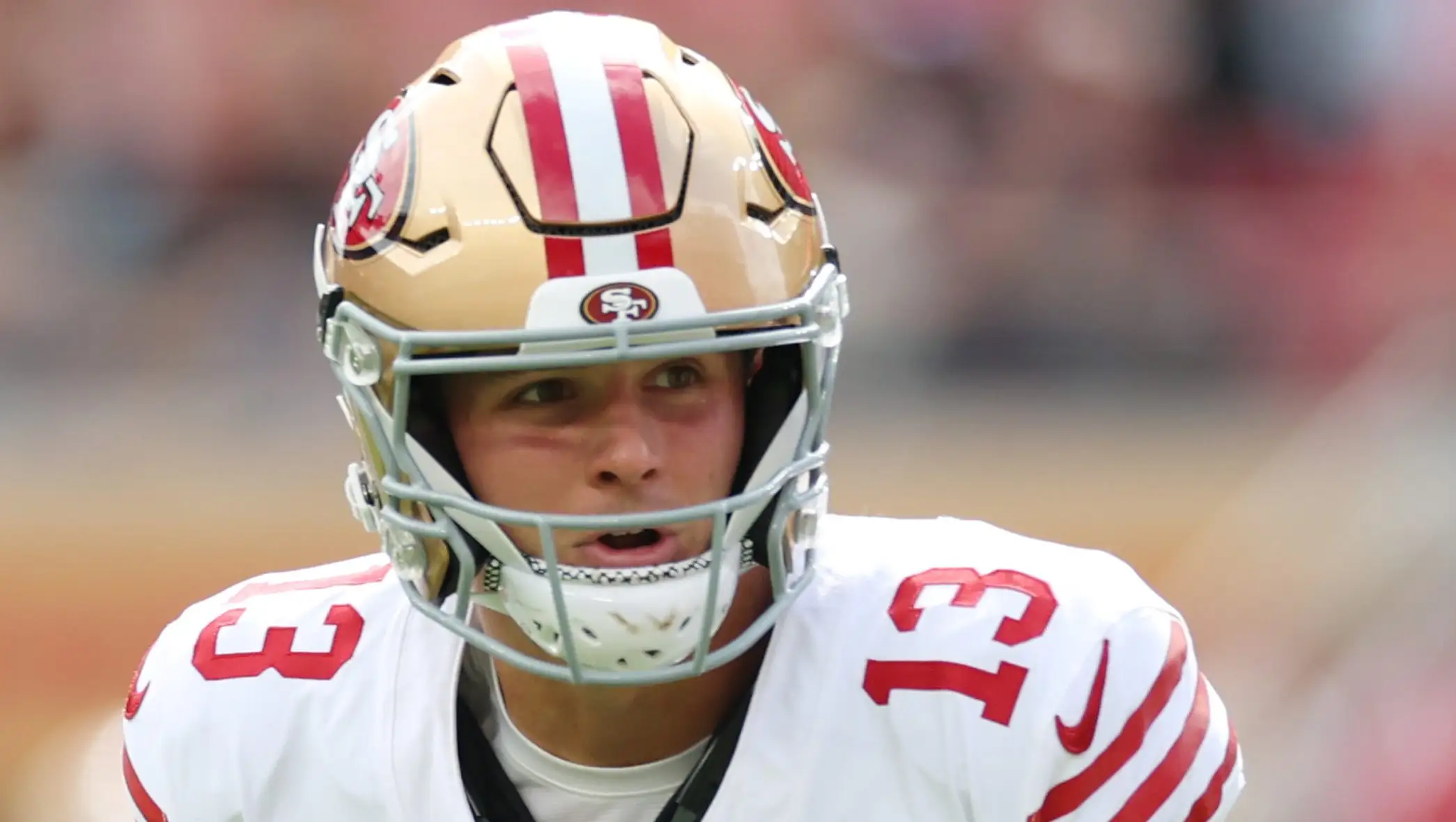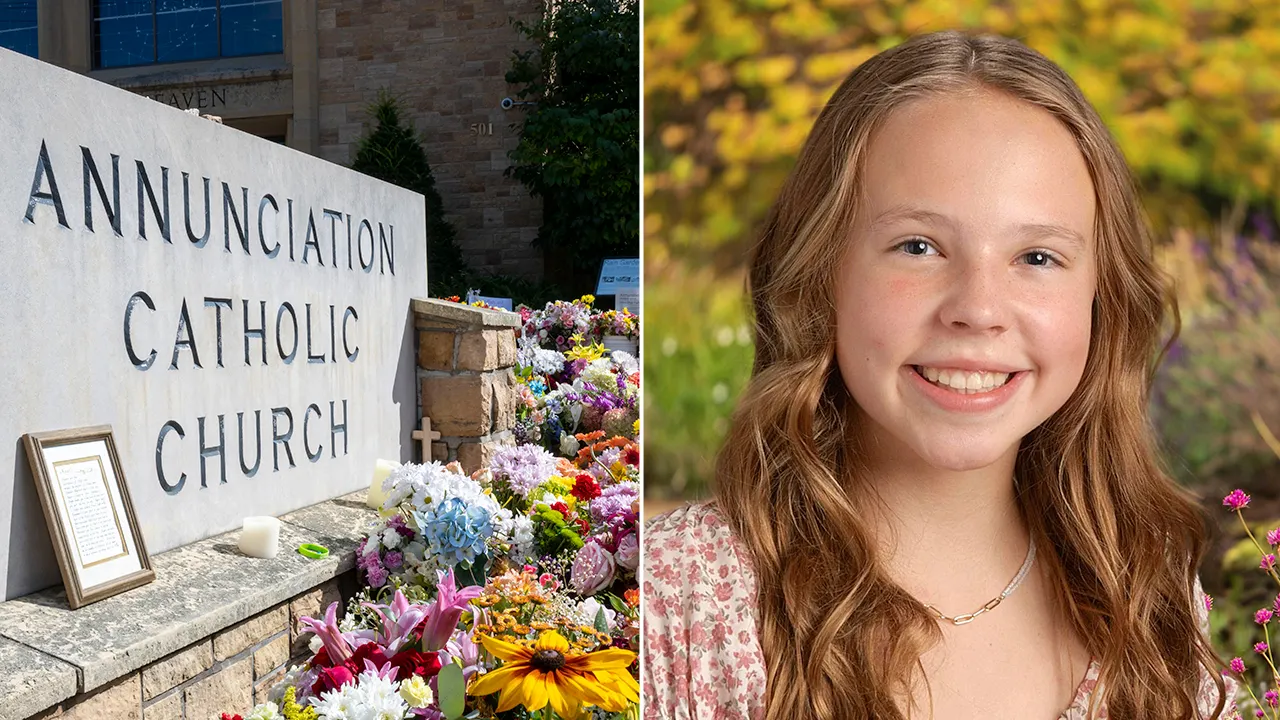
President Donald Trump recently vaccine for infants, instead recommending that parents wait until their children are 12 years old. His comments come after HHS Secretary RFK Jr.’s the vaccine, reigniting a long-standing controversy.
About 20 years ago, vaccinated as newborns had three times greater odds of being reported with autism compared to boys vaccinated later or not at all. The study, led by Carolyn M. Gallagher and Melody S. Goodman, analyzed National Health Interview Survey data from 1997–2002. However, researchers stressed that it only found an association, not proof that the Hepatitis B vaccine causes autism. Larger from the CDC, WHO, and other groups have found no evidence that vaccines, including Hepatitis B, cause autism.
According to , Hepatitis B is transmitted through blood and body fluids, not casual contact like sneezing or coughing. That means unless a child is born with it, the main ways they could get it are through sexual contact, sharing needles, or accidental needle sticks.
The for new adult infections, sexual contact is actually the leading cause, accounting for about 38% of cases. Injection drug use is the second largest cause, while household or casual contact is far less common but still possible.
Currently, the that all newborns in the U.S. receive the Hepatitis B vaccine within 24 hours of birth. After that, babies complete the full vaccine series over the first six months of life.



